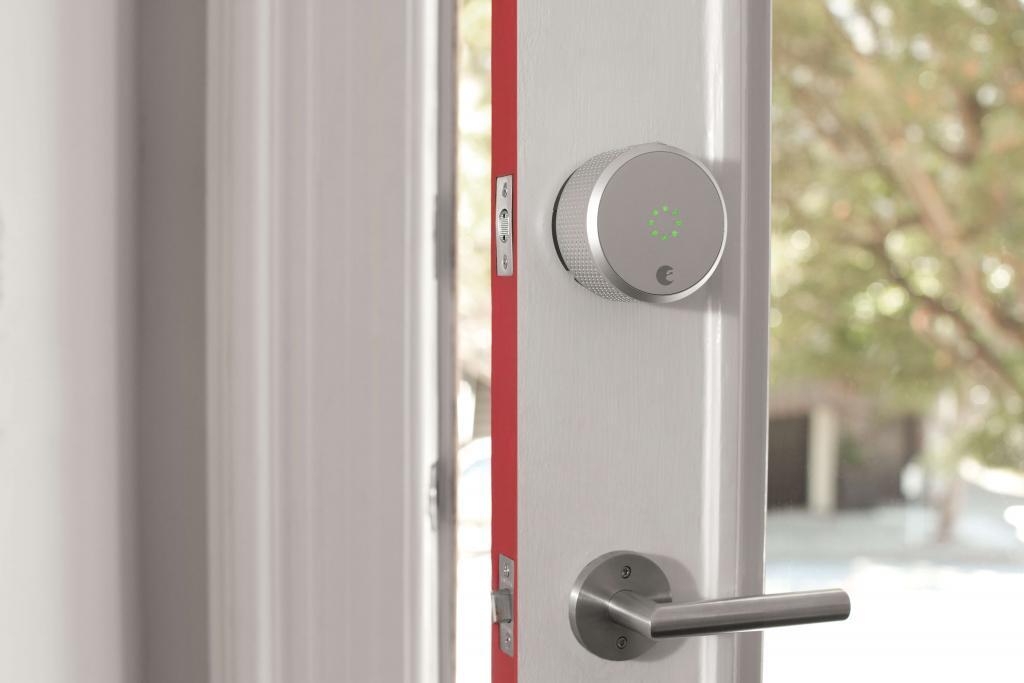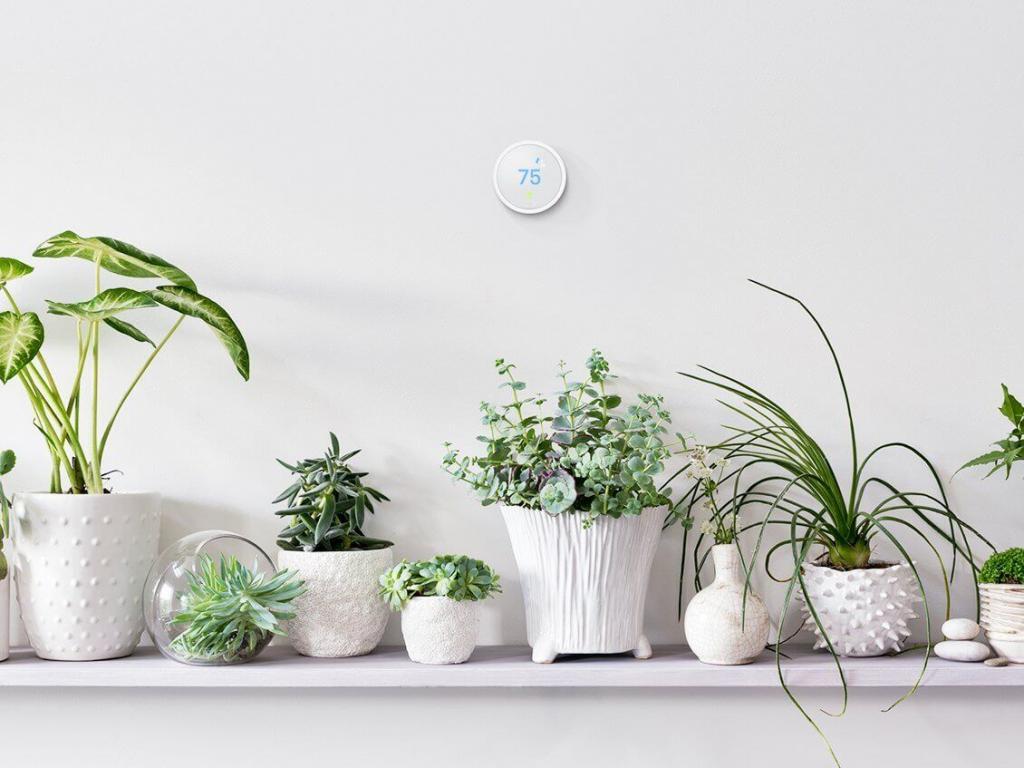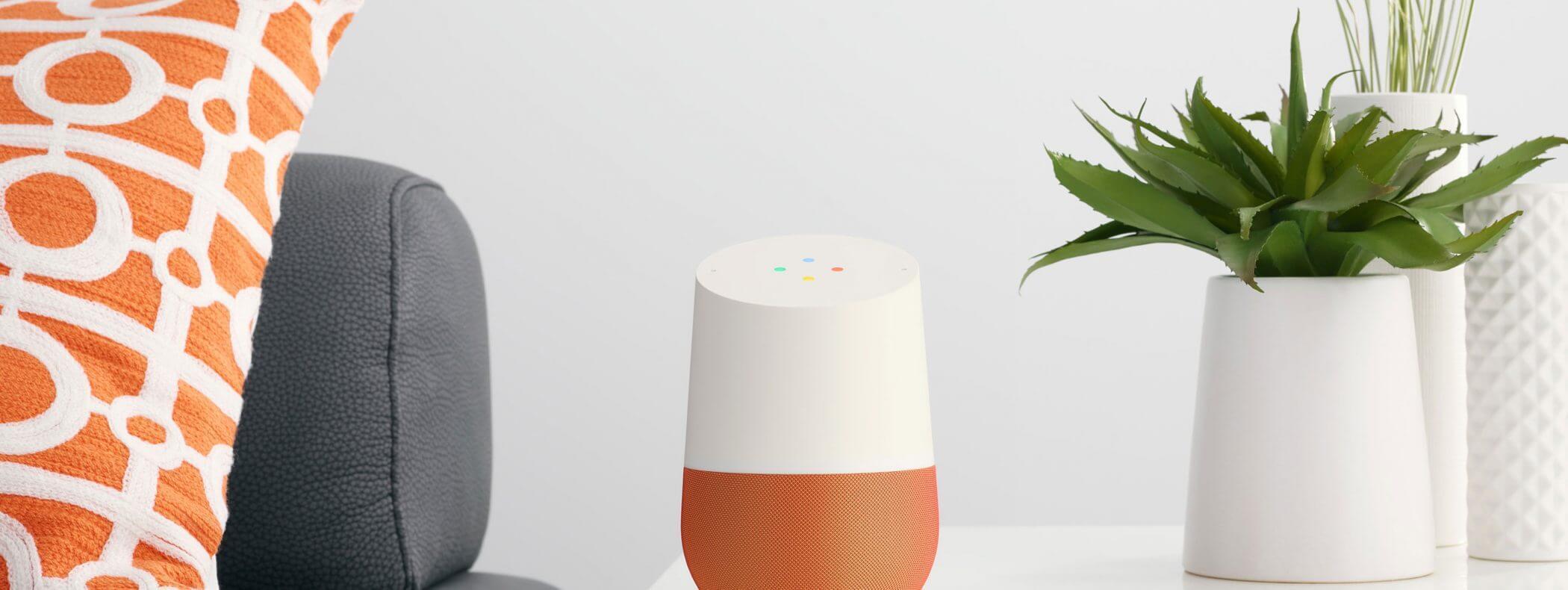Should I Make My Home “Smart” Before Listing It?
BY SCOTT BOWEN
There’s no question that “smart-home” technology is on the rise. In 2017, global consumer spending on the technology approached $90 billion and by 2022 is expected to jump by 70 percent to $157 billion, according to Strategy Analytics.
Before you jump on the bandwagon, you should weigh the cost of the investment – and whether it will add value to your home when you want to sell, according to Corcoran associate broker Deborah Rieders.
“Technology for smart homes is changing so quickly that you must be very careful not to install a system that is obsolete by the time you sell,” Rieders says. “If you’re doing a new renovation, it’s definitely alright to add some tech. But, generally, don’t spend the money to completely redo your house just for a sale.”
What Makes a Home “Smart?”
Smart home is not a one-tech-fits-all term. It can include tools to give you remote oversight for lighting, climate, security, energy and appliances, with controls that usually connect with a smart phone. Systems can range from wireless devices from brands like Nest, Amazon and Samsung that cost as little $200 to $300 to hardwired systems that can range from $4,000 to $15,000, depending on the complexity of the technology and size of the home.
Given the variables, you should consider what buyers might want—and how much of a premium they will pay for it.
“Think about who you’re selling to,” Rieders says. “You might not know what their needs are. So you need a smart-home system to which you can add or subtract, and even take a system with you if a new owner doesn’t want it.”

Smart Tech Should Fit Your Home
The savvy pre-sale approach to smart-home tech is to adapt it piece-by-piece to the type of property you own.
“Say you have high ceilings – common to condos – and south-facing light on an art collection,” Rieders says. “Having that controllable is a great option. Go into your smart phone and drop the shades down.”
If you have a smaller condo without a lobby attendant, virtual-doorman tech, which can include video monitoring by a third-party company, is “critical” to selling for a good price for the square footage, according to Rieders. “Buyers should look for that—the virtual doorman needs to be pre-wired by the developer.”
Carefully focused smart-home tech in a single-family townhouse can enhance its value, as long as you don’t go overboard. An alarm system with remote access or smart tech for lighting and shades will likely appeal to buyers, but a complicated sound system may not be for everyone.
“In a townhouse, you want an alarm system with the ability to lock and unlock doors to see who’s coming in and out, and then smart tech for lighting and shades,” Rieders says. “That’s the max you need to spend on. Don’t go crazy with additional things.”

Think About Potential Buyers
You can incorporate smart tech in a variety of homes, but you should always consider a potential buyer before investing. Towards this end, remember to choose products that are flexible – and user-friendly. “I encourage owners and sellers to use newer tech that is not hard-wired, because a new owner doesn’t want to feel locked in,” Rieders says.
Finally, if you don’t know how to operate your own smart home, you probably won’t be able to convince a buyer that it’s worth the investment. “They really have to understand it or it has no value – but if you don’t know what it is, no one will,” Rieders says.

